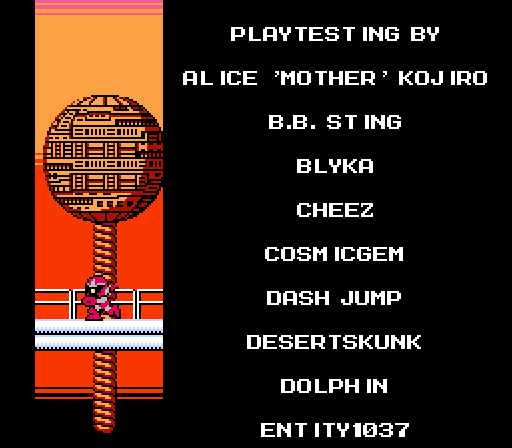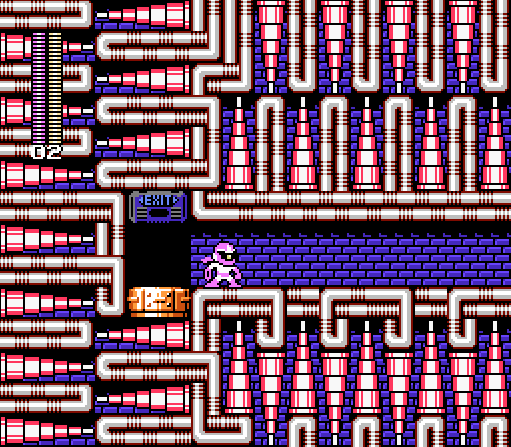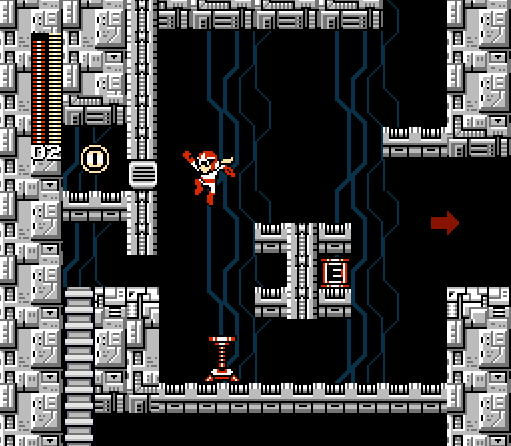
Sure! This is definitely something we should be talking about.
Have you gotten vaccinated?
Yes! I've received both shots of Moderna.
You fool! What if they injected you with a microchip?
Nevermind that this rumor has been debunked by ABC, the BBC, Business Insider, c|net, The New York Times, Reuters, Times of India, USA TODAY, and countless other news sources that didn't come up in a cursory Google search on the topic. The government already knows my address, age, marital status, income details, and political affiliation. They've got my fingerprints on file from when I was a student teacher. They can monitor my phone calls, texts, Internet use, and credit card charges. They can watch me through webcams, phone cameras, and security cameras; they can even track where my smartphone is (which, for all intents and purposes, is where I am). They don't need a microchip to keep tabs on me.
We don't know all the risks of the vaccine yet. Aren't you worried about long-term side effects?
Let me tell you what the side effects are of not being vaccinated: I know firsthand what COVID can do to a person, and it's one of the worst things I've experienced in my life. I've spent the last year hiding from my friends, family, and community because getting close to them might kill them. I've given up holiday get-togethers, movie marathons, birthday dinners, conventions, and anniversary trips, not to mention all the day-to-day excursions that keep life fun and interesting. Leaving the house for any reason involves so much more stress, anxiety, preparation, and mindfulness than ever before. I've fallen into unhealthy habits to cope with the fear of being around other people and the loneliness of being isolated from them.
People eagerly embrace new cars, smartphones, shampoos, packaged foods, etc, despite having no information about any consequences or defects that only become apparent with time. Why are we so much more cautious about rigorously tested and carefully regulated vaccines developed by some of the best experts in the world?
This pandemic has taken away so many freedoms that we used to take for granted, and we're not getting those freedoms back until everyday people step up, put aside their fears and excuses, and get vaccinated. I think about my grandfather, who enlisted to fight in World War II—despite knowing full well that he might be injured or killed—in order to protect his country and the people he cared about. Getting vaccinated to protect my country and the people I care about, even in the face of unknown risks, is a small act of patriotism that I hope would have made my grandfather proud.
Doesn't the vaccine make you sick?
If you're asking if the vaccine gives you COVID, the answer is no. It teaches your body how to fight COVID. But if you're asking about whether I felt awful for a little while after getting vaccinated, the answer is yes. After the first dose, I had two days of symptoms that reminded me of when I had COVID, followed by two days of general exhaustion. After the second dose, I experienced lethargy, headaches, and mild chills for one day before feeling totally normal again the next day. I never had any real pain at the injection site; my arm just felt heavy and tender if I tried to move it too much.
Everyone's body behaves differently when their immune system is hard at work, and I understand that people who've already been exposed to COVID have a worse reaction to the first dose, so your mileage may vary. The key is to plan ahead and let your past self take care of your future self. Finish all your errands and housework before getting vaccinated, and clear your schedule as best as possible for 1-2 days after your appointment. Plan to have food available that requires little or no effort to prepare, and try to stock things that are easy to eat—I recommend yogurt, pudding, and instant ramen.
I really hate needles. Can't I wait for them to make a pill or something?
Well, you don't have to have ramen, but—oh, wait; you said needles, not noodles. Fortunately, at least in my experience, injection technique has improved significantly among medical professionals in recent years. Both COVID shots felt like a quick punch to the arm, not unlike the kind of punch you might receive from a friend or family member after saying something embarrassing about them in public. Not that I know what that feels like.
How much does the vaccine cost?
For the recipient? Nothing. Getting vaccinated is absolutely free. There's no place for financial barriers when the goal is to reach herd immunity and ensure everyone can be protected. Even if you don't have medical insurance (or ID, for that matter), you can get the vaccine at no cost here in the United States—the Health & Human Services website has a lot of useful information about that on this page.
Was it difficult to schedule an appointment?
Actually, it was super easy, barely an inconvenience. My wife and I registered through VAMS. We started by submitting our basic contact info, then within 24 hours we received an e-mail to sign up for a vaccination appointment. This required filling out a simple online form (nothing we haven't disclosed to a doctor's office before) and then selecting where and when we wanted to get vaccinated. Each location on the list included the street address, the earliest date for a new appointment, and which specific vaccines (ie, Pfizer, Moderna, J&J) were available. The whole process took only a few minutes to complete, and we had an appointment only a few days later.
What was it like at the vaccination center?
We went to a popup clinic at a senior center. There was clear signage around the building that directed us where to go, and a volunteer was at the entrance to answer any questions. We queued up in the gymnasium, which had vaccination stations set up around the room in the same manner that voting booths would have been set up for an election. We showed our IDs, waited briefly in line, and then proceeded to the first available station. The person administering the shot asked us a few questions (eg, have we ever had an allergic reaction to an injection), gave us the shot on the upper part of whichever arm we preferred, and had us take a vaccine record card to fill out. Then we scheduled a follow-up appointment for a month later.
We were asked to stick around for 15 minutes (or 30 minutes, if we had a history of allergic reactions) just in case any bad reactions developed. We sat, socially distanced, in a waiting room down the hall, where another volunteer gave us the rundown of possible side effects in the next few days and how to handle them. One important tidbit was to use Tylenol (acetaminophen) rather than Advil (ibuprofen) for pain relief, because of some emerging scientific evidence that anti-inflammatories might reduce vaccine efficacy. Another important tidbit was to download our vaccine certificate from VAMS at our earliest convenience, because that documentation is more official than the vaccine card, and because it was unclear how long our VAMS accounts would remain active.
Every single volunteer, without exception, was friendly, patient, and good at the job they were doing. The atmosphere was very relaxed, and I actually felt comfortable being out in public for the first time since the pandemic started. I cannot tell you how refreshing and soul-soothing it was to be surrounded by people actively doing the work that's required to end this pandemic.
I have other concerns about the vaccine. Is there any legitimate reason why I shouldn't get vaccinated right now?
In all honesty, if you've done the research, discussed your concerns with a healthcare professional, gotten second opinions from a varied group of other people you trust, and decided that there is a genuinely compelling reason to remain unvaccinated despite the potentially fatal risk it poses to yourself and others...then yes, that reason is probably legitimate.
However, the onus is on you to keep following the safety procedures that have carried us through the pandemic—masking, social distancing, handwashing. If you truly care about the people around you, you'll be completely transparent with others about your vaccination status and your rationale for delaying or avoiding the shot. Transparency demonstrates that you're thinking about their wellbeing, and any legitimate rationale ought to hold up against criticism and peer pressure.
As strongly as I believe that everyone should get vaccinated, I feel that way because I care deeply about keeping everyone healthy and safe from this virus while we work to eradicate it. Getting vaccinated is a safe, free, easy way to demonstrate a basic respect for human life and a concern for the greater good in a time when breathing on someone might kill them.
I'm doing my part to keep you safe. Will you do the same for me?




 RSS Feed
RSS Feed

